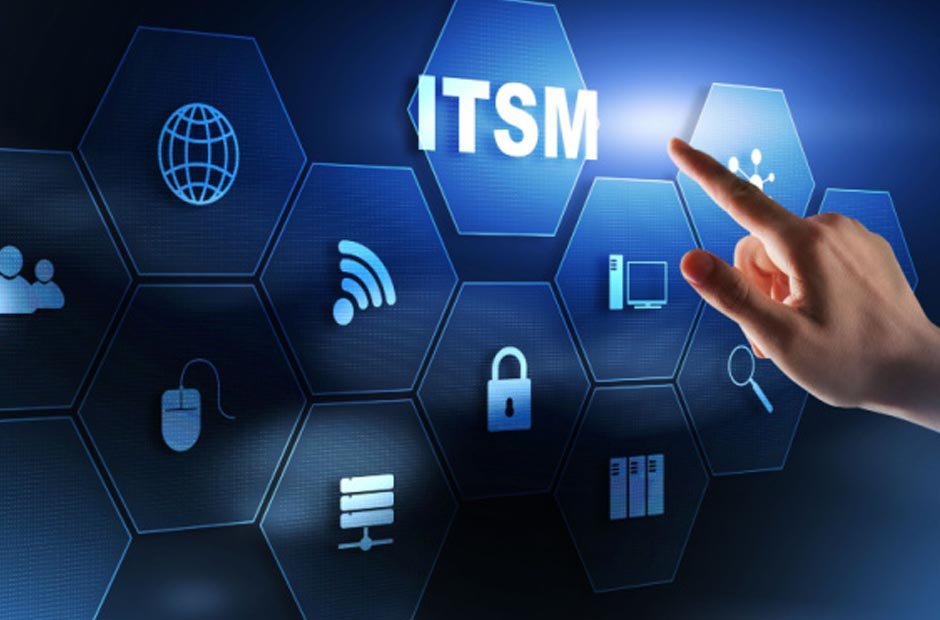Information Technology (IT) services play a pivotal role in modern organizations’ operational efficiency and strategic management, regardless of size or sector. Effective St. Louis IT service management involves addressing immediate technical issues and implementing proactive measures to support and align technology with broader business objectives. We will delve into the components of IT service management, exploring the importance of quality IT services, the types of services offered, the integration of IT services into business processes, common challenges in IT service management, the role of IT service frameworks, and future trends in IT services.
Table of Contents
Understanding IT Service Management
IT service management (ITSM) is the process of all IT-related activities being planned, delivered, managed, and supported within an organization. Effective ITSM ensures that all technological resources within an organization are utilized by its needs and priorities. ITSM frameworks and practices help organizations manage their IT operations and services more effectively, ensuring reliability, improving service quality, and enhancing overall business productivity. Essential components include service support, service delivery, infrastructure management, and security management, aiming to create a stable IT environment that fosters business growth.
Types of IT Services Offered
Organizations typically require a range of IT services to operate effectively. These can be categorized into several types: managed IT, on-demand, cloud, cybersecurity, and IT consultancy. Managed IT services involve outsourcing IT management responsibilities to improve operations and cut expenses, while on-demand services provide support as needed. Cloud services offer scalable and flexible computing resources over the Internet, cybersecurity services protect against and respond to cyber threats, and IT consultancy advises organizations on the best use of IT practices to meet their objectives.
Integration of IT Services into Business Processes
Integrating IT services into business processes is vital for achieving operational efficiency and driving business success. This integration helps ensure that technology supports all aspects of business operations, from supply chain management to customer relationship management. IT services can help automate routine tasks, provide insightful data for decision-making, and enhance organizational communication. Effective integration requires careful planning, a clear understanding of business goals, and ongoing collaboration between IT and other business units.
Common Challenges in IT Service Management
Managing IT services effectively can present various challenges. These include keeping up with rapidly changing technology trends, managing costs while maintaining service quality, ensuring data security and compliance with regulations, and aligning IT services with business goals. Additionally, the complexity of IT infrastructures can make it difficult to diagnose and resolve issues promptly. Overcoming these challenges requires a robust ITSM strategy that includes continuous training, strategic investment in technology, and strong governance practices.
The Role of IT Service Frameworks
IT service frameworks, such as ITIL (Information Technology Infrastructure Library), provide structured guidance for managing IT services. These frameworks outline best practices and processes for delivering high-quality IT services that align with business objectives. They help organizations standardize their service management processes, improve service delivery, and increase customer satisfaction. Implementing such frameworks can lead to greater efficiency, reduced costs, and improved service quality, all contributing to a competitive business advantage.
Enhancing Customer Experience Through IT Services
A significant aspect of IT service management is its direct impact on customer experience. Organizations increasingly rely on IT services to improve customer interactions through faster response times, more reliable systems, and enhanced communication channels. For example, IT services can implement and manage customer relationship management (CRM) systems that store valuable customer data and provide analytics to tailor interactions based on customer needs and history.
Future Trends in IT Services
The future of IT services is likely to be shaped by several emerging trends, including automation, artificial intelligence (AI), and increased focus on cybersecurity. Automation and AI are expected to transform IT service management by improving the speed and accuracy of service delivery and by enabling more personalized user experiences. Additionally, cybersecurity will remain a critical focus as cyber threats evolve, with IT services increasingly integrating advanced security technologies and practices to protect organizational data.
Effective IT service management is crucial for organizations that leverage technology for business success. Organizations can enhance their operational efficiency and competitive edge by understanding the different types of IT services, integrating them into daily business operations, and overcoming common management challenges. Adapting to future trends and adopting structured IT service frameworks will further enable organizations to navigate the complexities of the digital landscape, ensuring sustainability and growth in an increasingly technology-driven world.










